In my nearly 20 years in the BPO and contact center space, I have seen some great fits between organizations, and I have seen some less than great fits between organizations.
Here are the top 3 things to consider when deciding which outsourcer to go with. There are actually about a million things to consider, but we will get to more of those in future blog posts.
1. Will Your Project Matter to Them – This is the most important factor and everything else flows from here. It is also the biggest differentiator between BPOs and contact center partners. Yes, technology and geo-footprint and capabilities matter but nothing matters as much as whether or not once you sign the deal, will your business be valued. Here is the process you will walk through at a high level and if at any point you get a half-hearted effort, you are going to have issues:
- Going through the discovery process to identify the problems being solved for and the solution to solve for them.
- Negotiating the agreement and getting the terms that are a win-win.
- Onboarding and getting the project off on the right foot.
- The day-to-day life of the project. This is where most of you will live and reap the benefits or suffer the consequences.
- What happens when things go wrong (and they will). Do they get solved quickly or does it take an act of congress?
2. Is It a Match From a Client Profile Standpoint – This really goes back to #1 (as they all do). Does the partner want to understand strategically (key word is “want”) what your gaps are & how to solve for them? For example, this comes down to the number of FTE you need to fill the gaps versus the number of FTE the company typically provides. For example, if you need a headcount of 25 people and the typical headcount for a client is 100, you are not going to get much attention when it comes to strategy. Why? You are not billing enough for them to care. All businesses operate this way, and they are not wrong. If you have a client that is billing 4x compared to another, where do you focus your strategy and attention? Exactly! The opposite is true as well. If a company typically has a HC of 25 for a client and you want to put 200 with them, you need to slow play that HC to make sure they can handle that higher volume. Although, it’s a little different when the company goes from 25 to 200 because your business is valuable to them and therefore you will get better results. There are other factors to consider from a client profile standpoint, but you get the idea.
3. How Agile and Responsive Are They – For the day-to-day life part, this is a factor that will make or break the relationship. Things go wrong in a 3-year agreement that involves millions of dollars and lots of people, that’s just how it goes. It will go wrong on both sides. The BPO partner will make mistakes and miss steps and so will the client. When those things occur, how responsive is the BPO partner. They were likely very responsive during the sales cycle because the salesperson wanted the business and made sure everyone was doing what they were supposed to do when they were supposed to do it, but what happens when the honeymoon phase is over? How is the communication? What happens when the FTE count is down by 30%? Or, you have constant billing problems? Or, key people from the BPO side keep leaving the company or get moved around to “more important” (see #2) projects.
Bottom Line – These are the real-life factors that will matter. Bells and whistles and cool tools are great, don’t get me wrong, but 85% of what matters most is in these first 3 factors, at least in my experience.

